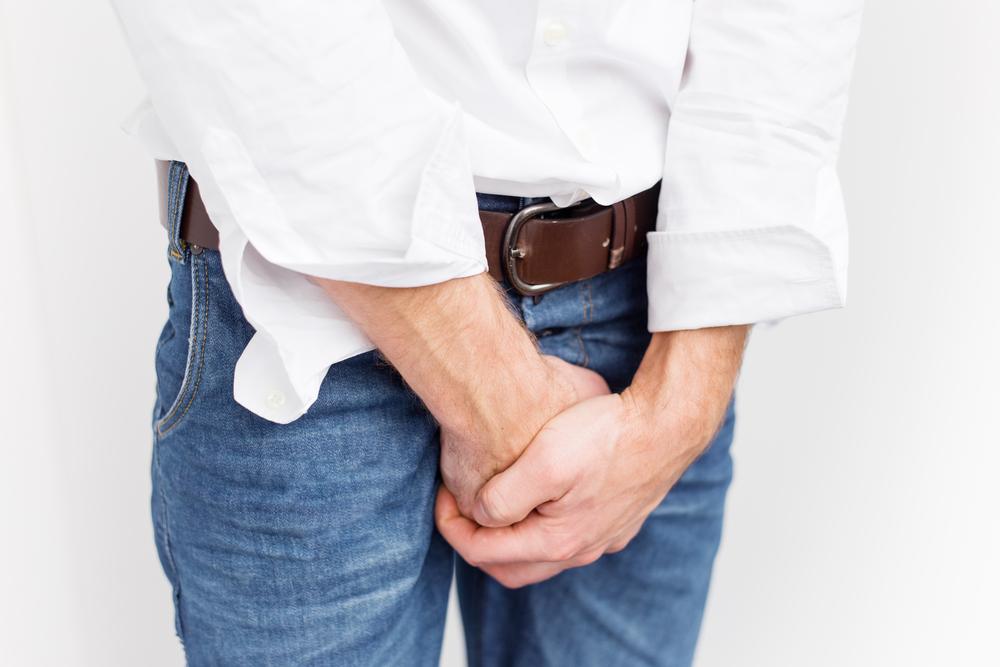Effective Approaches to Adult Urinary Incontinence Management
Learn effective strategies for managing adult urinary incontinence, including lifestyle changes, pelvic exercises, and medical options. This comprehensive guide helps individuals understand treatment possibilities and improve quality of life through proper management techniques.

Adult urinary incontinence involves difficulty controlling bladder urges, resulting in accidental leaks or urgent trips to the restroom. Though often linked to aging, it can affect individuals in their 20s and 30s. Women are more prone to this condition, but men are also affected. The good news is that incontinence is treatable and often completely reversible with the right approach.
This article reviews current treatment options, which depend on causes such as childbirth, neurological issues, or blockages in the urinary tract.
Some proven strategies include:
Behavior Modification Techniques
Working with healthcare providers, patients can improve bladder control by gradually delaying urination, starting from 10 minutes and extending to several hours. Following regular bathroom schedules and avoiding irritants like caffeine and alcohol can ease symptoms.
Additional methods involve techniques like waiting after urination to check if the urge persists. Making lifestyle changes, including fluid intake management and healthy eating, is vital. Using absorbent pads and protective garments can help manage leakage effectively.
Further options include medications and, in some cases, surgical procedures. Prompt consultation with a healthcare professional is essential for accurate diagnosis and personalized treatment plans.
Pelvic Exercise and Biofeedback Techniques
Strengthening pelvic muscles through exercises like Kegels—performed 2-3 times daily—can enhance bladder control. These exercises involve contracting muscles, holding for up to 10 seconds, then relaxing. Biofeedback therapy can assist in improving awareness and voluntary control of bladder functions if needed.
Leak Management and Prevention
Implementing healthy habits, such as staying hydrated, maintaining regular bathroom routines, and eating nutritious foods, can help manage and prevent leaks. Using incontinence products also provides effective leak control.
Important Note:
This content is for educational purposes only. Always seek professional medical advice for diagnosis and suitable treatment options for urinary incontinence.


